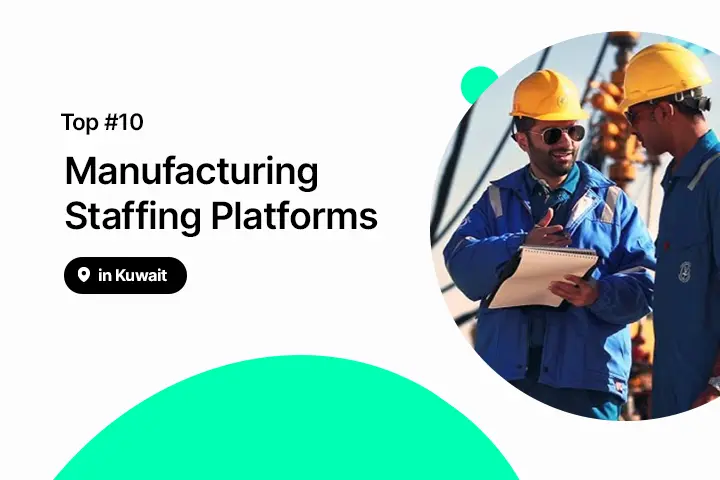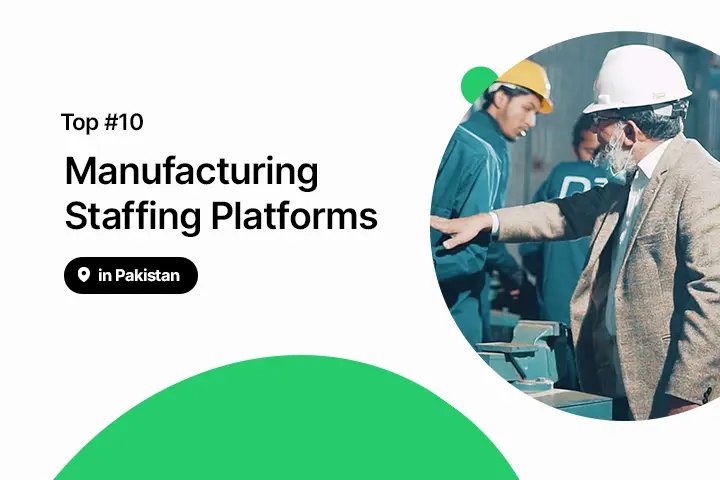Onboarding plays a pivotal role in shaping the experience of new hires in the hospitality industry. According to a 2023 study by Hotel Management, 55% of hospitality employees believe that a well-structured onboarding process directly impacts their decision to stay with a company. With high turnover rates and seasonal hiring demands, effective onboarding is crucial in ensuring that new professionals are prepared to meet the fast-paced nature of hospitality operations. This article outlines the best practices for onboarding new hires in the hospitality industry, from pre-boarding to post-training evaluation.
Key Onboarding Challenges in Hospitality
Common Challenges New Employees Face
The hospitality industry is known for its demanding environment, especially for customer-facing roles. New hires often face challenges in adapting to the high expectations of customer service, while simultaneously learning operational procedures, safety protocols, and industry-specific software.
The pressure to meet guest needs in real-time, especially during busy seasons, can be overwhelming for those new to the industry. Furthermore, employees must quickly learn and adapt to various roles and responsibilities, such as working front desk shifts or managing guest services, all while maintaining a positive guest experience.
Industry-Specific Issues That Make Onboarding Difficult
Hospitality requires employees to be not only quick learners but also highly adaptable. For instance, new hires in the hospitality industry must quickly master customer service etiquette and soft skills, such as conflict resolution and problem-solving.
Onboarding is particularly challenging for seasonal hires or those hired for temporary roles, as they need to integrate quickly without sacrificing service quality. Additionally, the industry's turnover rate, estimated at 70% annually in large hotel chains, means companies need to onboard employees efficiently to minimize the impact of high turnover.
Adapting to Industry-Specific Technology
In hospitality, the technology used to manage reservations, guest experiences, and internal operations is vast. New hires must quickly learn how to navigate systems like Property Management Systems (PMS), Booking Engines, and Point of Sale (POS) Systems. For example, front desk staff need to be proficient in managing guest check-ins and room assignments, while housekeeping staff must use digital systems for tracking room availability and guest requests. Front desk staff often also need to become familiar with a hotel self check in system, which streamlines guest arrivals and reduces wait times. Learning these technologies quickly can be a significant challenge, particularly for employees new to the tech-savvy world of modern hospitality.
Cultural Fit and Team Integration
Hospitality is an industry that thrives on teamwork. Ensuring that new hires fit into the company culture and work well with colleagues is vital for success. New employees must quickly learn how to navigate the social dynamics of their teams, from management to co-workers in customer-facing roles.
This challenge is especially relevant in hotels and resorts, where high turnover means a constantly shifting team environment. Effective onboarding programs must foster a sense of belonging and emphasize collaboration, especially in a high-pressure setting where teamwork is essential to providing a seamless guest experience.
Seasonal Hiring Peaks and Training Time Constraints
Many hospitality businesses experience seasonal fluctuations in hiring demand. For example, hotels and resorts hire significantly more staff during peak vacation seasons. Onboarding new employees quickly, and efficiently, during such high-volume hiring periods presents a logistical challenge. Training must be completed in a short timeframe without compromising on quality or safety standards. Additionally, seasonal staff often require refresher training to align with the company’s standards and operational procedures.
Best Practices for Onboarding New Hospitality Professionals
Pre-boarding Preparation
Pre-boarding is the first step in making new hires feel welcome and prepared. Prior to their first day, ensure that all necessary paperwork is sent digitally, such as employment contracts, tax forms, and benefits information.
Creating a welcome packet that outlines the company’s mission, culture, and job expectations will help new employees feel informed before they start. Providing access to online training portals or introductory resources before day one allows new hires to start learning at their own pace. Additionally, pre-boarding should include scheduling initial training sessions and ensuring that uniforms or other necessary equipment are ready.
Orientation and Training
The orientation process for new hospitality employees should begin with a general introduction to the company, its culture, and the team. This is especially important in hospitality, where guest satisfaction is a primary focus. During this time, new hires should also receive role-specific training. For front desk staff, this might include training on reservation systems and guest interaction protocols.
For kitchen or housekeeping staff, it could involve hands-on training with safety protocols, equipment, and specific hotel procedures. Orientation should also include an overview of health and hygiene expectations, especially in light of the ongoing COVID-19 protocols.
Technology and Tools
Hospitality professionals must be adept at using technology to ensure smooth operations. Familiarizing new employees with the software and tools they will use daily is essential for efficiency.
Property Management Systems (PMS), Point of Sale (POS) systems, and reservation platforms are just a few of the tools employees must master. Providing access to easy-to-use training modules or offering a detailed system walkthrough helps new hires feel confident in their abilities and prevents operational errors.
Leveraging Technology in Onboarding
The hospitality industry is increasingly turning to AI-powered tools, virtual training, and learning management systems (LMS) to streamline onboarding. AI tools like chatbots help guide new hires through the initial stages of onboarding, answering questions about company policies and providing instant feedback.
Virtual reality (VR) simulations can be used to train staff in a realistic environment, for example, in handling difficult customer situations or safety drills. Learning management systems enable new hires to take courses at their own pace and access training materials when needed, enhancing learning flexibility. Using these digital tools ensures that employees have access to consistent, high-quality training, even remotely or at scale.
Measuring Onboarding Success
Tracking the success of onboarding programs is vital to ensure continuous improvement. Feedback surveys should be distributed to new hires after orientation and training. These surveys should ask questions about the clarity of training materials, the efficiency of the onboarding process, and the new employee’s comfort level with their job responsibilities.
In addition to surveys, performance tracking during the first 90 days can provide insights into how well new hires are adapting to their roles. For example, measuring guest satisfaction ratings or response time in handling customer requests can indicate how well the onboarding program prepared employees for their job. Regular check-ins between new hires and supervisors will ensure that issues are addressed early and that new employees are on track.
Conclusion
Onboarding new hospitality professionals is a critical process that shapes their overall experience and success in the industry. A structured and efficient onboarding process helps new hires feel welcomed, prepared, and aligned with the company’s goals and values. By utilizing digital tools, providing clear and role-specific training, and gathering feedback for continuous improvement, hospitality companies can create an onboarding experience that sets employees up for long-term success.
Frequently Asked Question
What are the best practices for onboarding in hospitality?
Best practices include pre-boarding preparation, comprehensive orientation and training, and using technology to enhance the onboarding process.
What tools help streamline the onboarding process in hospitality?
Learning Management Systems (LMS), AI-powered chatbots, and virtual reality (VR) training are commonly used to streamline the onboarding process in hospitality.
How long should the onboarding process take in hospitality?
Onboarding can take anywhere from one to two weeks, depending on the role. For more complex positions, such as management or technical roles, onboarding may extend to a month or longer.
What challenges should employers expect when onboarding new hires in hospitality?
Challenges include high turnover rates, the need for rapid training during seasonal hiring surges, and ensuring that new hires quickly adapt to fast-paced operational environments.




